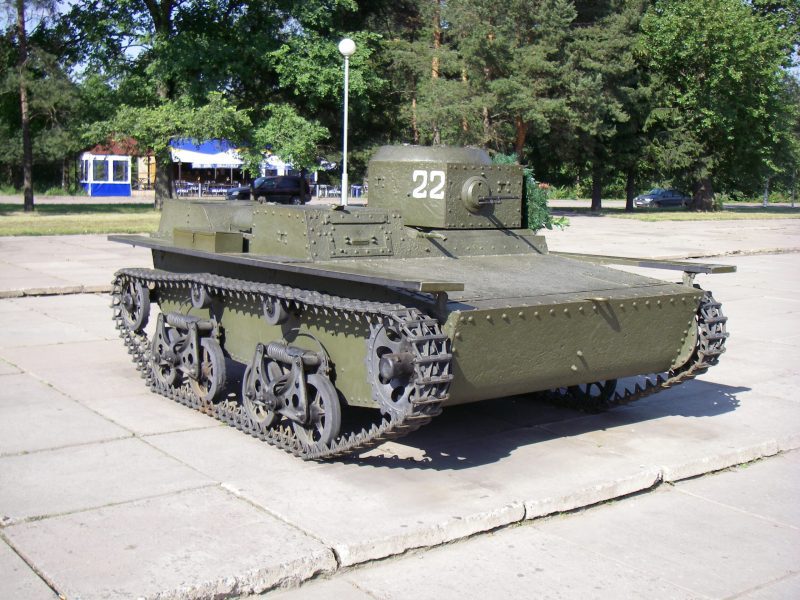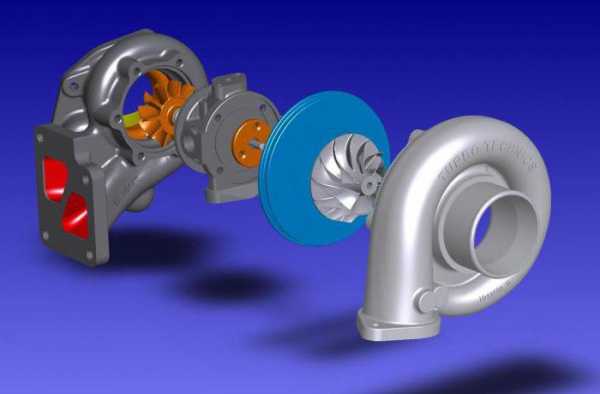
Turbo whistle: reasons and solutions
Content
If your turbo starts to whistle, it's time to freak out! In this article, we'll explain everything you need to know about a hissing turbocharger, how to prevent hissing, and how to replace it if it's damaged!
🚗 What is turbo?
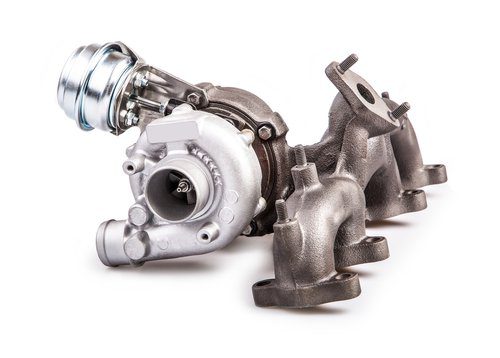
Turbo (turbocharger) is a part of your engine, consisting of a turbine and a compressor. Simply put, the exhaust gases allow the turbine to spin, which itself drives the compressor, so that the air is compressed and sent to the engine intake. Therefore, the goal is to increase the pressure of the gases entering the engine in order to achieve a better optimization of the filling of the cylinders with air.
In order for the air to be directed to the engine to be optimal, it must be cold. But when the turbo compresses it, it tends to heat it up. This is why your engine has a part called an "intercooler" that cools the air compressed by the turbocharger.
?? Why is my turbo hissing?
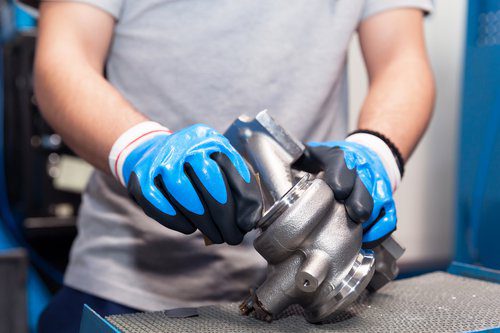
Note that a turbo that sizzles a little is often normal, and a turbo tends to make a little noise. You should only worry if the hiss becomes constant. There are two main reasons for turbo hiss:
- Turbo whistle during acceleration: in this case, the supply hose or the heat exchanger is punctured. The only problem with one of these parts is if you hear a hiss while accelerating, then the sound you hear will sound like a hiss (this is due to the air coming out of the puncture site). In this case, you will have to contact a mechanic so that he can visually inspect the hose and thus determine the source of the leak. In most cases, this check will be complemented by a leak check to prevent other risks of leaks.
- Turbocharger damaged: in this case, you will hear a hissing sound when the pressure rises or decelerates. If your turbocharger is damaged, it is probably due to poor lubrication of the bearings. Therefore, you have to be careful and repair the turbocharger as soon as possible, because in the worst case it can lead to engine failure.
🔧 How can I prevent turbine hiss?
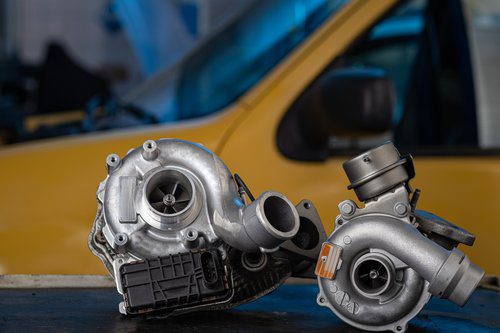
Here are some tips and tricks on how to better maintain your turbine and prevent it from failing too quickly. These guidelines will be divided into two categories.
Required material:
- Turbo
- Toolbox
Step 1. Maintain your turbo
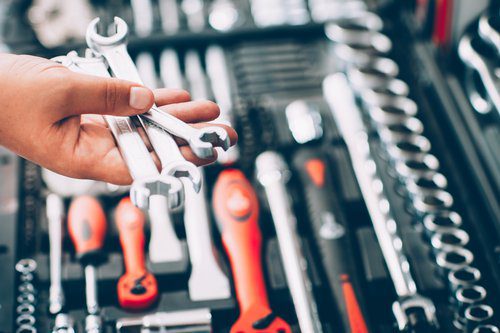
Strictly follow the oil change rate recommended by your manufacturer. You will find all this information in your vehicle's service log. It is also recommended to use the engine oil recommended by your manufacturer, if you choose a cheaper but low quality oil, your engine will almost certainly be damaged.
Step 2. Customize your driving

It is important to adapt your driving well and develop the right habits. When starting, wait until the oil builds up pressure, if you start with direct acceleration, the turbo will be requested without lubrication and this will damage it. When you stop the car, the same principle applies: don't stop the engine right away, but wait for it to slow down.
🇧🇷 What if my turbo hiss at low mileage?
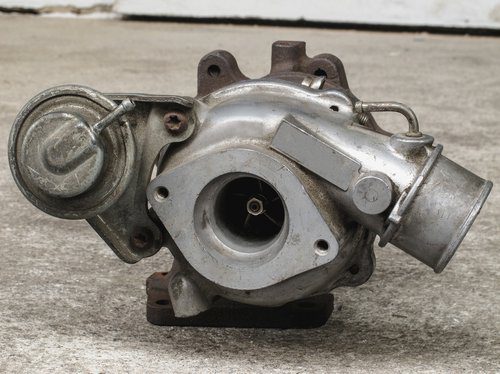
With the advent of new diesel engines and variable geometry turbines, more and more breakdowns have been reported. This is mainly due to the fact that these new turbines are more fragile. Keep in mind that if you notice that your engine breaks down frequently at low mileage, you can probably take advantage of the manufacturer's warranty. On average, a turbocharger should be replaced every 150-000 km. But in some cars they cover the distance from 200 to 000 km.
If you want to take advantage of the manufacturer's warranty, use the following tips:
- Service your car properly: follow the manufacturer's recommendations when servicing your vehicle regularly. Also make sure that the maintenance log is regularly updated and systematically check for the presence of the workshop stamp.
- Never accept a partial warranty return: in most cases your insurance can matter, and then you can ask for a second opinion to prove that there really was a problem with the manufacturer (costs will be covered by insurance).
?? What is the price for a turbo change?
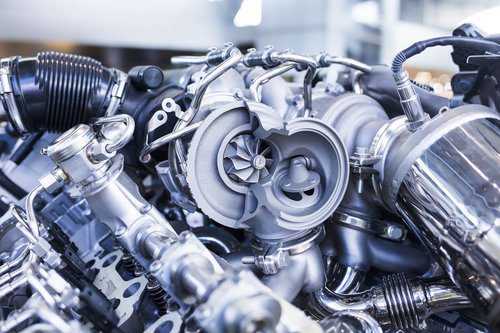
Like all engine interventions, replacing a turbocharger is very expensive, requiring an average of 1500 to 2000 euros for parts and labor. This price, of course, may vary depending on the model of your vehicle. To avoid having to change the turbo, don't forget to apply the advice we gave you a little above: maintain the turbo on a regular basis and adapt your driving so you don't use it without adequate lubrication.
If you would like to receive a quote to the nearest euro for a replacement of your turbocharger, our garage comparator will help you: all you have to do is enter your plate number, the desired intervention and your city. We will then provide you with a few clicks, quotes from the best garages near you, to change your turbo. All you have to do is make an appointment in a few minutes!
